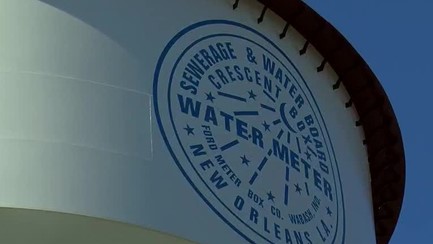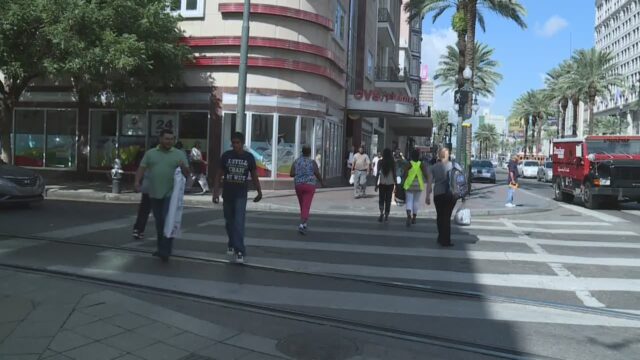
The City of New Orleans and the Sewerage and Water Board (S&WB;) have embarked on $2.4 billion of FEMA-funded infrastructure reconstruction projects in addition to ongoing road construction projects funded by other revenue sources. Many of these projects involve repairing and/or replacing components of the water supply system that may include pipes (service lines) that carry water from the water main to a residence/property.
In New Orleans an undetermined number of homes have service lines made of lead (Pb). Lead is a dangerous neurotoxin and no level of lead exposure is deemed safe. Lead service lines are the main contributor of lead in water at the tap. The S&WB does not have complete or accurate records of where lead service lines are located, and many older New Orleans homes may be serviced by lead service lines (LSLs).







